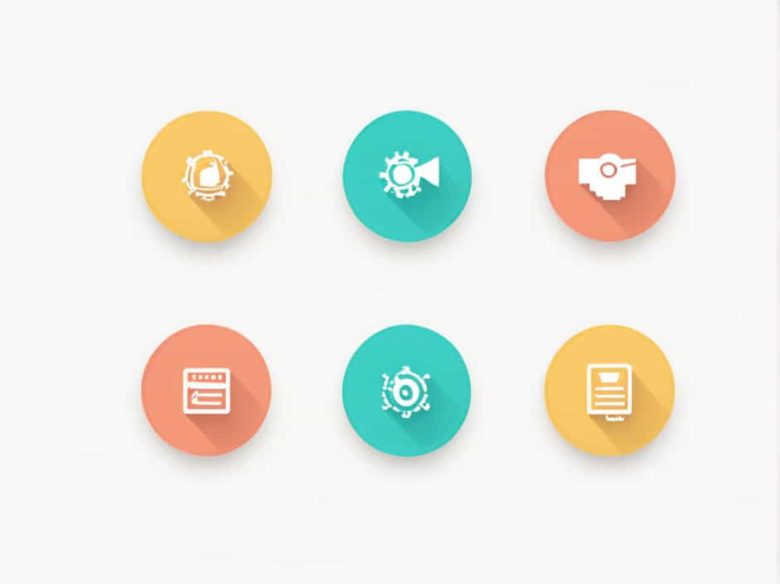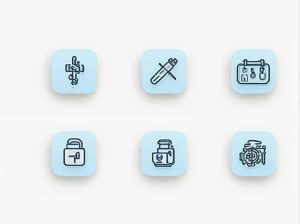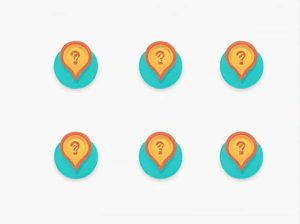Many people believe that learning diminishes with age but is this entirely true? While aging does bring cognitive changes it does not necessarily mean that older adults cannot learn new skills or retain information. In fact the human brain has an incredible ability to adapt even in later years.
This topic explores how learning changes with age the factors that affect cognitive function and how to keep the mind sharp regardless of age.
How Aging Affects Learning Ability
1. Slower Information Processing
As people age the brain’s processing speed naturally slows down. This means it may take longer to understand or recall new information. However this does not mean learning stops—it simply requires different strategies.
2. Decreased Working Memory
Working memory refers to the ability to hold and manipulate information in the short term. Studies suggest that working memory capacity declines with age making it harder to remember new facts quickly.
3. Changes in Neural Connections
The brain forms new connections throughout life a process known as neuroplasticity. While younger brains form these connections more rapidly older adults still retain the ability to develop new pathways with practice and engagement.
4. Reduced Attention Span
Focusing on complex tasks may become more challenging with age. Distractions can interfere with concentration making it more difficult to absorb new information. However techniques like mindfulness and structured learning can help improve focus.
Why Learning Doesn’t Stop With Age
Despite these changes learning does not stop as we grow older. The brain remains capable of adapting and acquiring new knowledge through different mechanisms:
1. Crystallized Intelligence Remains Strong
Crystallized intelligence refers to accumulated knowledge and skills gained through experience. Unlike fluid intelligence (which involves problem-solving and quick thinking) crystallized intelligence tends to remain stable or even improve with age.
2. Life Experience Enhances Learning
Older adults often have a wealth of life experience which can help them relate new information to past knowledge. This makes it easier to understand complex ideas and apply them effectively.
3. Continued Learning Strengthens the Brain
Engaging in lifelong learning helps keep the brain active reducing the risk of cognitive decline. Activities like reading learning a new language playing an instrument or solving puzzles can boost mental agility.
Factors That Influence Learning Ability in Older Adults
1. Health and Lifestyle
Physical health plays a crucial role in cognitive function. Regular exercise a balanced diet and proper sleep contribute to better brain health and improved memory retention.
2. Mental Stimulation
Challenging the brain with new activities helps maintain cognitive function. Studies show that people who continue learning new things have a lower risk of dementia.
3. Social Engagement
Interacting with others stimulates the brain. Discussions debates and group activities help enhance memory and reasoning skills keeping the mind active.
4. Stress and Mental Well-Being
Chronic stress and anxiety can negatively impact memory and learning. Meditation relaxation techniques and stress management can improve cognitive performance.
How to Keep Learning as You Age
1. Read and Write Regularly
Reading books newspapers or research topics keeps the mind engaged. Writing also improves memory and helps process information more effectively.
2. Learn a New Skill
Picking up a new hobby such as learning a musical instrument painting or coding keeps the brain engaged and strengthens cognitive connections.
3. Stay Physically Active
Exercise increases blood flow to the brain improving memory and cognitive function. Walking yoga and aerobic exercises are great for maintaining mental sharpness.
4. Use Memory Techniques
Practicing mnemonics repetition and visualization techniques can enhance memory retention.
5. Stay Socially Active
Engaging in conversations joining clubs or participating in group activities helps keep the brain stimulated.
6. Embrace Technology for Learning
With the rise of online courses educational apps and e-books learning has never been easier. Platforms like Coursera Udemy or Duolingo offer accessible learning opportunities.
Myths About Learning and Aging
Myth 1: Older Adults Cannot Learn New Things
Reality: While learning may take longer older adults can still acquire new skills and knowledge with practice and dedication.
Myth 2: Memory Loss is a Normal Part of Aging
Reality: Mild forgetfulness is common but severe memory loss is not inevitable. A healthy lifestyle can help maintain memory function.
Myth 3: Brain Training Games Are the Only Way to Improve Memory
Reality: While brain games can help real-world learning experiences and social interactions have a greater impact on cognitive health.
While it is true that some aspects of learning slow down with age the ability to acquire new knowledge never disappears. Aging does not mean losing intelligence—it simply requires adapting to new learning methods.
By staying mentally active engaging in continuous learning and maintaining a healthy lifestyle anyone can keep their brain sharp at any age. Learning is a lifelong journey and with the right approach it can remain an exciting and rewarding experience well into old age.



